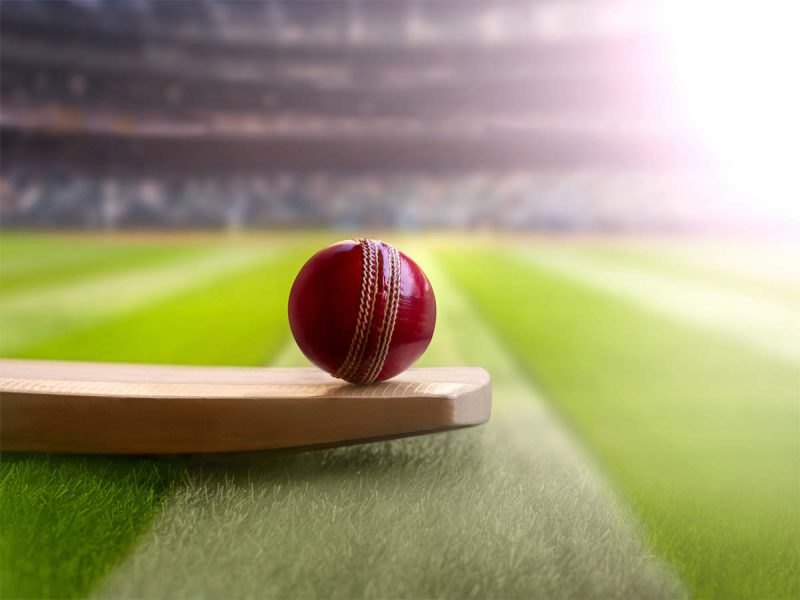
Total ban on saliva: ICC's new cricketing rules before T20 World Cup

Ahead of the T20 World Cup in Australia, the International Cricket Council (ICC) today (September 20) made some crucial changes in its playing conditions, which will come into effect on October 1.
Besides permanently banning the use of saliva to polish the ball, another notable change is that when a batter is dismissed by a catch, the cricket governing body said that a new batter will come in at the striker’s end, regardless of whether the batters had crossed prior to the catch being taken. In limited-overs cricket, crossing gives a new player a little bit more time to catch up, which may be essential in close games.
An incoming batter will now have to be ready to take strike within two minutes in Tests and ODIs, while the current threshold of ninety seconds in T20Is remains unchanged.
Barring saliva to shine the ball
The ICC had earlier barred use of saliva to shine the ball in view of the COVID-19 pandemic and the cricket laws custodian, the Marylebone Cricket Club (MCC) in March had completely banned its application in its amendments to the 2022 code.
The ICC in a statement said that this prohibition has been in place for over two years in international cricket as a COVID-related temporary measure and it is considered appropriate for the ban to be made permanent.
Also read: ‘Don’t create monsters’: Gambhir urges fans to end ‘hero worship’ of Kohli
Other key changes
After a meeting of the ICC chief executives’ committee, a number of rule amendments effective October 1 were approved. The running out of the non-striker will no longer be considered “unfair play”. Running out a non-striker for backing up too much was viewed as unfair and led to many heated debates.
The dismissal was famously dubbed as a “Mankad”, named after India bowler who ran out Australia batsman Bill Brown in the 1948 Sydney Test.
Striker’s right to play the ball
The striker’s right to play the ball is restricted to ensure some part of their bat or person remain within the pitch. If they venture beyond the pitch, the umpire will call and signal Dead ball. Any ball which would force the batter to leave the pitch will also be called No ball.
Distracting the bowler
Any unfair and deliberate movement while the bowler is running in to bowl could now result in the umpire awarding five penalty runs to the batting side, in addition to a call of Dead ball.
Also read: Explained: What is BCCI’s new ‘Impact Player’ rule for T20s, IPL?
Further, just like Twenty20 Internationals, if teams don’t bowl their entire allotment in the allotted time, they will be required to bring an extra player inside the 30-yard circle for the rest of the innings. This will come into effect after the 2023 men’s World Cup Super League.
Hybrid pitches
Another change allows the use of hybrid pitches, which are a mix of natural grass with artificial turf, at all men’s and women’s one-day and Twenty20 internationals. Hybrid pitches have been previously used in women’s T20 internationals.

